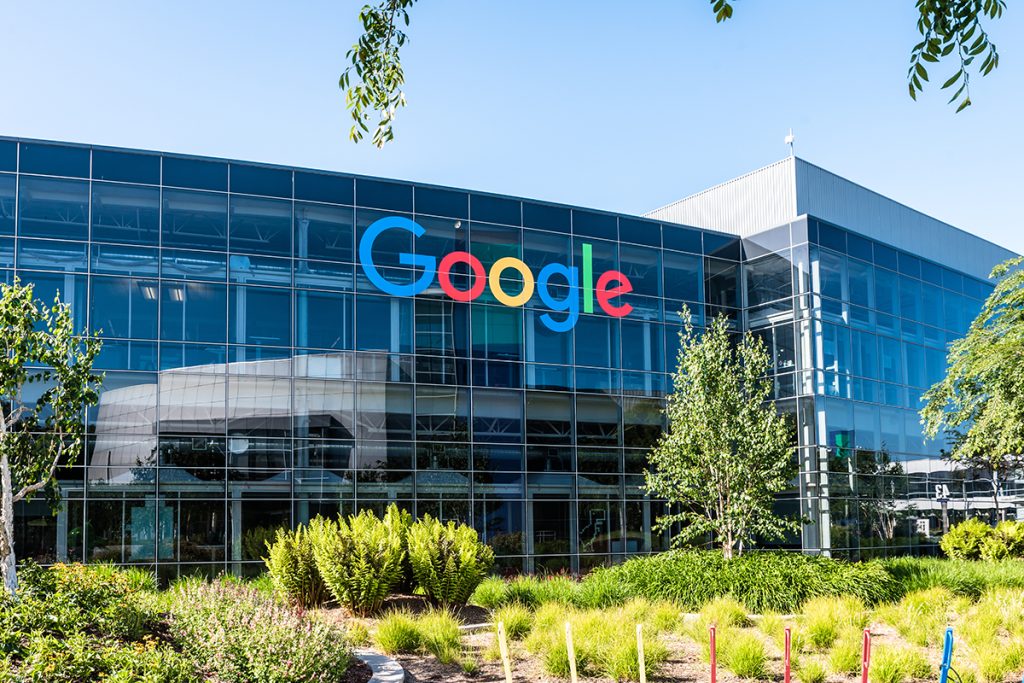Former Google workers have taken their grievances to the US National Labor Relations Board, filing a complaint after being terminated or placed on administrative leave last month. The dispute arises from their protest against Google’s cloud-computing contract with Israel’s government, alleging retaliation for their protected speech.
The complaint, spearheaded by former employees and supported by No Tech for Apartheid, accuses Google of punishing workers for engaging in peaceful protest directly related to their terms and conditions of work. Seeking reinstatement and back pay, the workers claim their actions were within their rights.
Google contends that the protests, which involved sit-ins at offices in New York City and Sunnyvale, California, were disruptive and caused employees to feel threatened and unsafe. The tech giant asserts that those terminated were definitively involved in disrupting workspaces.
No Tech for Apartheid reports that 50 Google employees were fired in connection with the protests, including some who were bystanders and not active participants. Despite Google’s investigation into the disruption and subsequent terminations, affected workers argue they should not have been fired for exercising their rights.
Legal experts weigh in, suggesting that protests can be protected activity depending on circumstances. While Google maintains its stance on workplace disruptions, former employees assert their right to express concerns over the ethical implications of the company’s business dealings.
The protests emerged amid heightened tensions following conflict casualties in the Middle East. Stemming from Google’s cloud-computing deal with Israel, the demonstrations coincide with ongoing civilian casualties in Gaza, sparking public outcry and division.
In response to the protests, Google CEO Sundar Pichai issued a company-wide memo urging employees to refrain from bringing politics into the workplace. Pichai emphasized the importance of maintaining a business-focused environment and discouraged debates on disruptive issues or politics among staff.
The dispute underscores broader societal concerns over corporate involvement in politically sensitive matters and the ethical implications of business partnerships. As the divide deepens within the American public over support for Israel, protests have erupted not only within Google but also across college campuses and corporate America.
The outcome of the complaint filed with the National Labor Relations Board will be closely watched as it could set a precedent for how tech companies handle employee activism and free speech rights. With tensions remaining high both within the company and in the broader societal context, the resolution of this dispute may have far-reaching implications for labor relations and corporate responsibility in the tech industry.
As the debate continues, the former Google workers and their supporters stand firm in their belief that they were unjustly penalized for exercising their rights, while Google maintains its position on maintaining a conducive work environment free from disruptions. The ultimate decision will not only impact the lives of those directly involved but also shape the future landscape of workplace activism in the tech sector.


